According to the yearbook of Modern Vietnamese Writers published by the Writers' Association Publishing House: Nguyen Tuan was born in 1910 on Hang Bac Street, Hanoi, his hometown is Nhan Chinh, Thanh Xuan District, Hanoi. Member of the Communist Party of Vietnam . Founding member of the Vietnam Writers' Association in 1957. He died in 1987 in Hanoi.
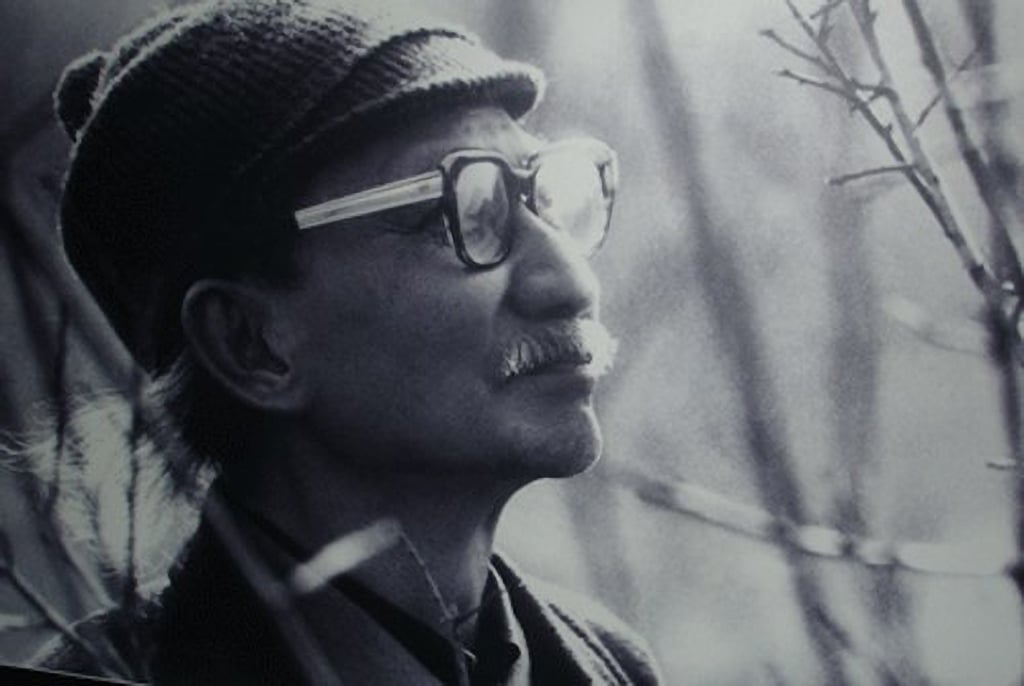
Writer Nguyen Tuan
photo: document
Nguyen Tuan is one of the greatest writers of modern Vietnamese literature. Before the August Revolution of 1945, he was not only a writer but also a prestigious journalist, contributing many articles, essays, and miscellaneous works to famous newspapers such as: Ngay Nay (of Tu Luc Van Doan); Thanh Nghi; Tieu Thuyet Thu Bay; Ich Huu, Ha Noi Bao ... and many literary magazines before and after the revolution.
Unlike other critical realist writers or investigative reporters of the same period, Nguyen Tuan did not deeply reflect social indignation through the voice of struggle, but wrote articles with a talented, aesthetic voice, and a unique narrative ego, demonstrating the stature of a linguistic artist who loved beauty to the utmost.
The memoir A Trip ( Today , 1939) records his journey by ferry up the Da River. From a travelogue, the work has become a literary work, reflecting the majestic Northwest nature and the artist's passionate soul of the strange and the beautiful. This is the premise for the famous essay The Ferryman of the Da River later, and at the same time demonstrates Nguyen Tuan's vision of artistic journalism.
Nguyen Tuan's typical works are not only rich in intelligence but also possess the beauty of language and the talented artist's ego, such as the work "The Prisoner's Calligraphy" composed before the August Revolution, which is the beauty of the artist's spirit and soul, or the work "Missing Homeland" with its romantic, melancholy, and thoughtful ego, which is a unique work expressing melancholy, reflecting the lost state of mind of a person who has lost his roots and lacks his homeland in the city.
His work A Cup of Tea in the Morning Dew ( Thanh Nghi , 1940) is an essay-like article praising the beauty of tea culture. This is a unique journalistic art: using small things to express big things, from everyday life to cultural depth.
With Nguyen Tuan, aesthetic language is carefully selected down to each word when he "paints" with words, "charms" with sentences. Nguyen Tuan's sentences are often polished, rich in musicality, rhythmic, carrying the breath of a person passionate about beauty and absolutely in love with the Vietnamese language. In A Cup of Tea in the Morning Dew , he wrote: "Drinking a cup of tea early in the morning is like welcoming the faint scent of apricot blossoms, the quiet aftertaste of a long night remaining on the tip of the tongue and in the eyes of the drinker" - this is no longer a normal journalistic sentence, but a work of spiritual culture, elevating information to an aesthetic experience.
In particular, Nguyen Tuan has a writing style rich in personal ego. He is the first person in modern Vietnamese literature and journalism to affirm an independent ego without stereotypes. He talks to readers like a storyteller with a profound understanding of life, making his journalism both intellectual and full of artistic emotions.
He was a pioneer in the genre of journalistic writing, writing with subjective, narrative, evocative and literary feelings. For Nguyen Tuan, journalism is a place to preserve culture, not just follow current events. While modern journalism is often rushed, Nguyen Tuan is proof that slow, deep, beautiful writing still has a lasting place. Although rich in literary qualities, Nguyen Tuan has never strayed from the spirit of the times, he harmonized art and responsibility. After the Revolution, he switched to writing war memoirs, serving the resistance, but still maintained an aesthetic style and intellectual emotions. Journalism must have social responsibility, but does not mean abandoning artistic quality.
Writer Nguyen Tuan is the one who raised the language of Vietnamese journalism to the level of art. He writes like an artist, tells stories like an aesthetic philosopher, and observes like a photographer of words. His essays have paved the way for a form of journalism that is cultural, aesthetic, and full of personal depth.
In today's world of journalism with its dizzying speed of information, we still remember the lesson from Nguyen Tuan: A journalist is not just a writer of news, but also a preserver of the beauty of the Vietnamese language, a storyteller of culture, and a creator of lasting flavors behind the words. (to be continued)
Published works of writer Nguyen Tuan:
Collections of essays: A trip (essay - travelogue, 1938); Missing the homeland (1940); The copper incense burner with crab eyes (1941); The stub of the peanut oil lamp (1941); Essays (1941); Sister Hoai's hair (1943); Essays II (1943); The happy road (1949); Essays on resistance (1955); Essays on resistance and peace (1956); Da River (1960); Hanoi, we fought the Americans well (1972); Scenery and flavor of the country (1988). Travelogues: Campaign love (1950); Visiting China (1955); Co To (1965); Memoirs (1976). Reportage: The peanut oil lamp (1939). Novel: Dan Pagoda (1946); Victory over the cannon (1953). Collection of short stories: Echoes of a time (1940); Nguyen (1945). Children's stories: Uncle Giao of Seo village (1953); The story of a clay boat (1958). Essay: Love language (2000). Anthology: Nguyen Tuan's anthology (volume 1: 1981, volume 2: 1982).
Nguyen Tuan was posthumously awarded the Ho Chi Minh Prize for Literature and Arts, first term, in 1996.
Source: https://thanhnien.vn/nguyen-tuan-dua-van-phong-bao-chi-len-tam-nghe-thuat-185250618225034506.htm


![[Photo] Draft documents of the 14th Party Congress reach people at the Commune Cultural Post Offices](https://vphoto.vietnam.vn/thumb/1200x675/vietnam/resource/IMAGE/2025/10/28/1761642182616_du-thao-tai-tinh-hung-yen-4070-5235-jpg.webp)




![[Photo] President Luong Cuong attends the 80th Anniversary of the Traditional Day of the Armed Forces of Military Region 3](https://vphoto.vietnam.vn/thumb/1200x675/vietnam/resource/IMAGE/2025/10/28/1761635584312_ndo_br_1-jpg.webp)
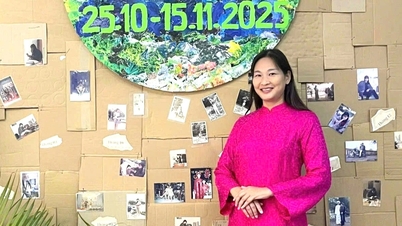
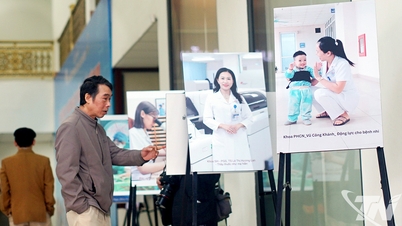

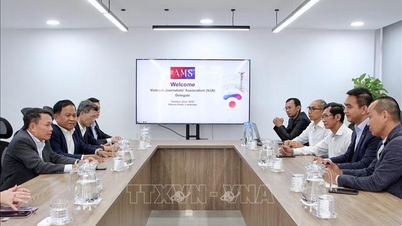

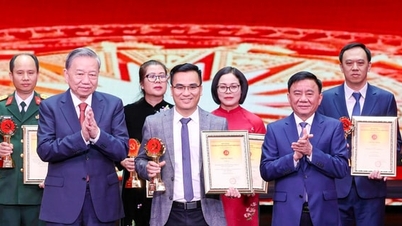

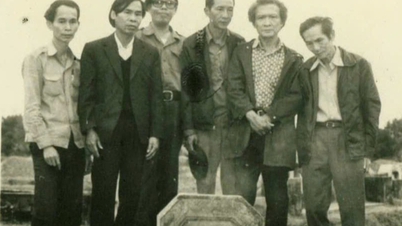
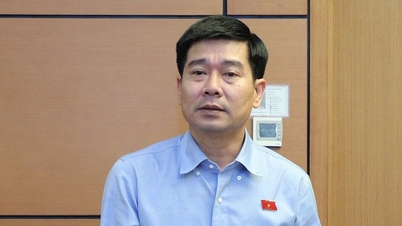

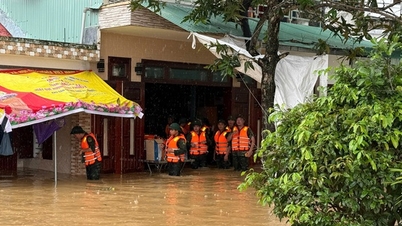

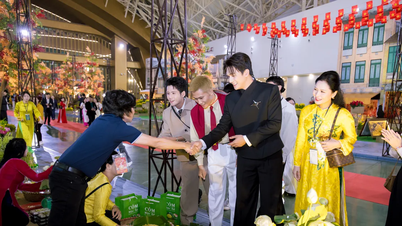



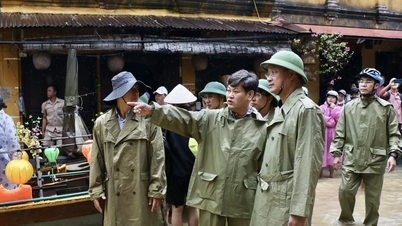

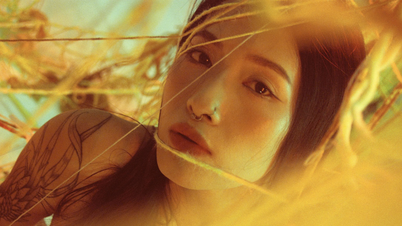
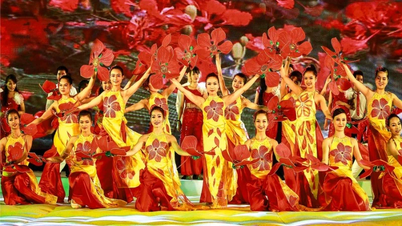






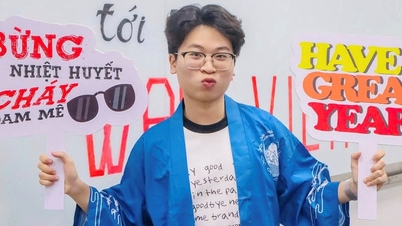
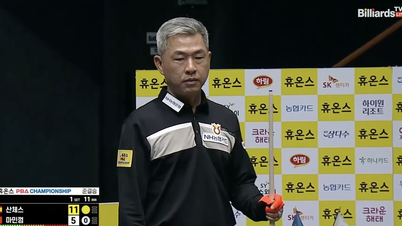
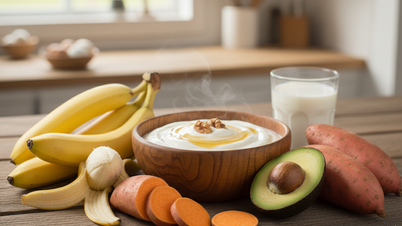
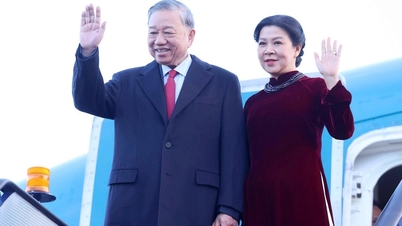
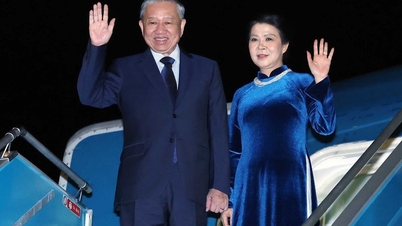

![[Photo] The 5th Patriotic Emulation Congress of the Central Inspection Commission](https://vphoto.vietnam.vn/thumb/1200x675/vietnam/resource/IMAGE/2025/10/27/1761566862838_ndo_br_1-1858-jpg.webp)




















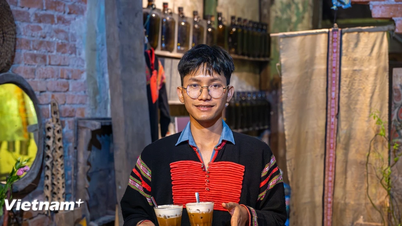













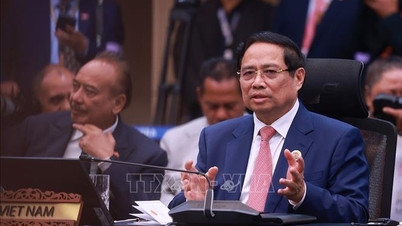
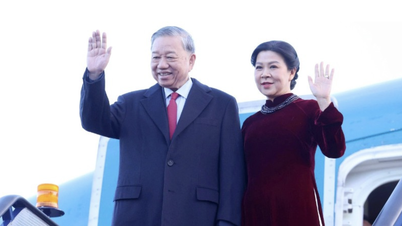


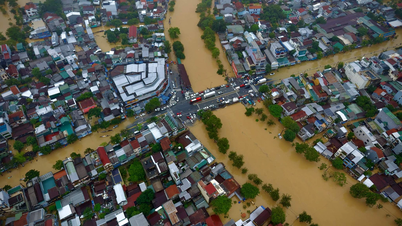


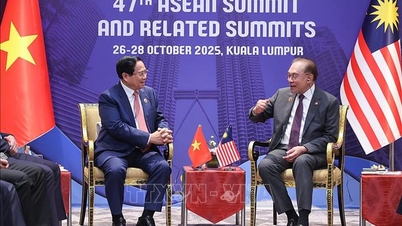
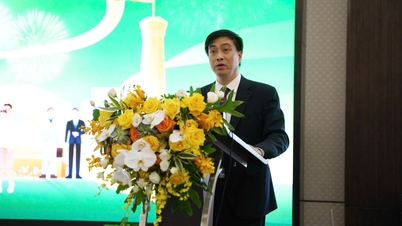


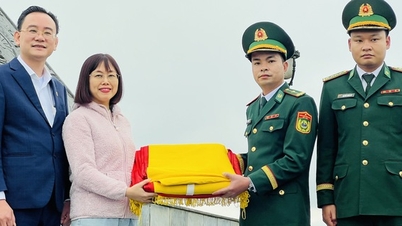

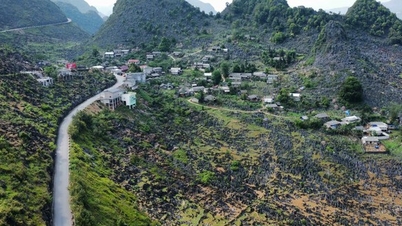
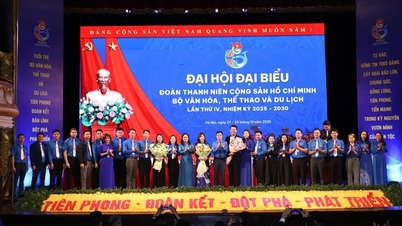
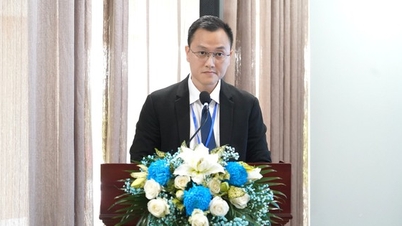

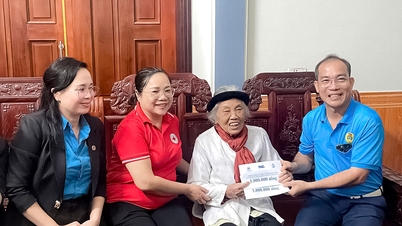

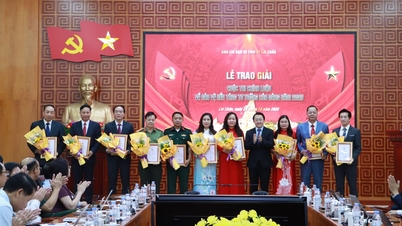
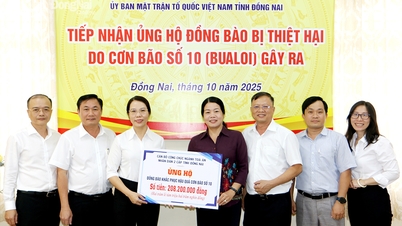
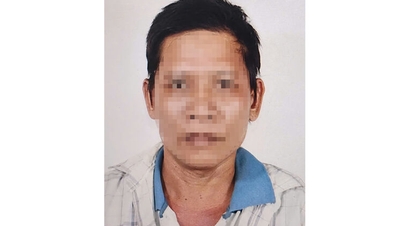

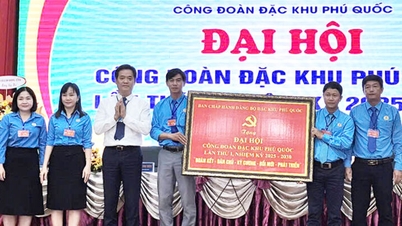















Comment (0)